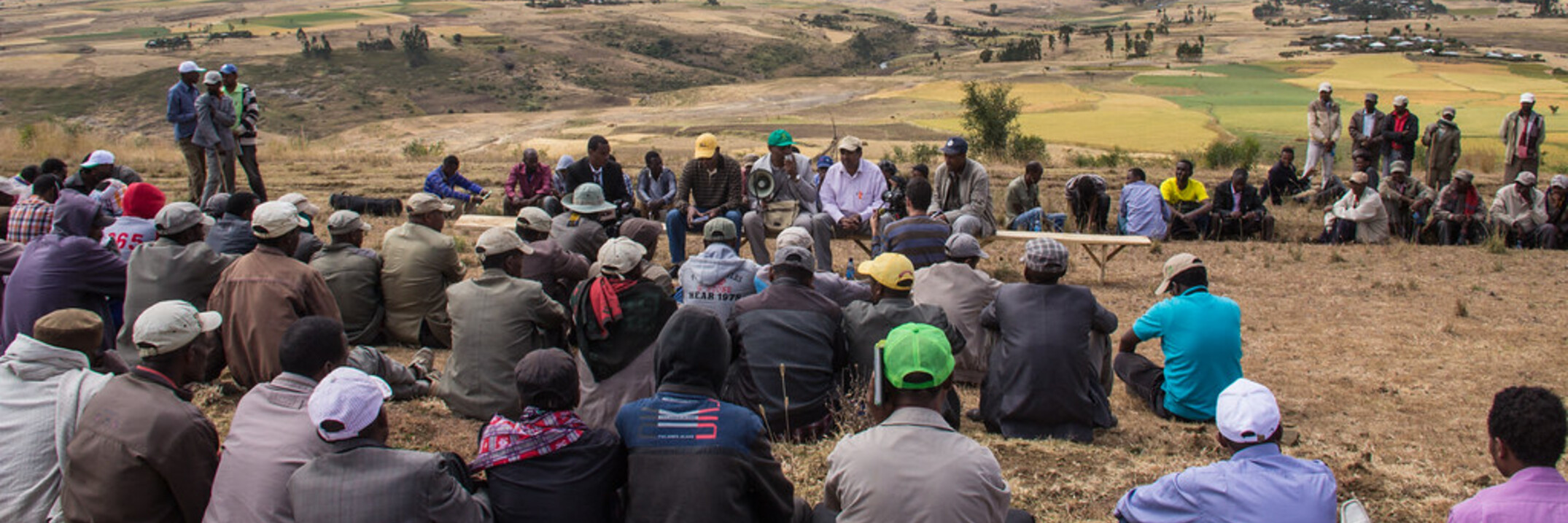Fecundity gene introgression has become an economical method to improve sheep prolificacy in developing countries. The FecXBar and FecGH mutations are variants of the BMP15 and GDF9 sheep genes, respectively, identified in Tunisian Barbarine sheep...


